The information was accidentally disclosed in a filing posted briefly to the Surface Transportation Board’s website on Monday before being removed. A redacted version, blocking out sensitive commercial information including Rio Grande Pacific’s name, was later made public.
The $1.5 billion Uinta Basin Railway, a private-public partnership, would be the first link in sending heavy Uinta Basin crude to refineries on the Gulf Coast. If built, the 80-mile route would connect with UP’s Provo Subdivision, part of the former Denver & Rio Grande Western main line.
Tennessee Pass, the former D&RGW line that has been dormant for more than two decades, would serve as a shortcut for the up to 400,000 barrels per day the Uinta Basin Railway would originate. The railroad’s backers expect the Uinta Basin Railway to handle three to 10 trains per day, including inbound frac sand shipments.
No final decision has been made to build the line, which is reportedly being financed by Drexel Hamilton Infrastructure Partners (PDF download), according to the line’s backers. Construction hinges, in part, on securing customer commitments.
Rio Grande Pacific, based in Fort Worth, Texas, operates four short lines that cover 700 route miles in six states. CEO Richard Bertel did not immediately respond to a Trains News Wire request for comment this morning.
UP’s negotiations with Rio Grande Pacific came to light because of a competing offer to purchase the Tennessee Pass line. UP last year rebuffed an offer from a firm controlled by billionaire New York City real estate magnates interested in restoring the route to haul grain and other commodities.
Last month the real estate moguls’ firm, KCVN, asked the Surface Transportation Board to order UP to sell its 228-mile Tennessee Pass route so that the line can be reactivated.
KCVN LLC and its subsidiary, Colorado Pacific Railroad LLC, said they would buy the long-dormant route for its liquidation value of $8.8 million, down from a $10 million offer they made to Union Pacific in November.
In its filing, UP urged federal regulators to reject KCVN and Colorado Pacific’s feeder line application.
“Union Pacific continues to have a strong interest in restoring service on the Line. In fact, when KCVN sent Union Pacific a letter offering to acquire the Line in November 2019, we were already engaged in preliminary discussions with Rio Grande Pacific Corporation about restoring service on discontinued portions of the Line,” UP said in its filing. “Specifically, RGPC had expressed interest in purchasing from Union Pacific the portion of the Line from Parkdale to Gypsum, Colorado, and implementing both passenger and freight service. We told KCVN we intended to see those discussions through before exploring other options.”
UP and Rio Grande Pacific held talks as recently as last month.
UP said KCVN fails to meet the standards for a feeder line application, which would amount to a forced sale of what UP called “an irreplaceable strategic asset.”
“If KCVN believes it has a better use for the Line than Union Pacific, its ‘remedy’ is not to pursue a forced sale through a feeder line application, but rather to negotiate a mutually beneficial, market-based arrangement with Union Pacific,” UP wrote in its filing.
KCVN and Colorado Pacific in 2018 successfully used a feeder line application to gain control of the 121.9-mile Towner Line in Eastern Colorado. Last year Colorado Pacific spent $3.5 million to restore the line to 25-mph operation and next month plans to resume regular service on the Towner Line.
Stefan Soloviev, one of the partners in KCVN and Colorado Pacific, owns more than 350,000 acres of cropland, runs an agricultural company, and sees a combination of the Towner Line and Tennessee Pass as a shortcut for exporting grain to the West Coast.
CLARIFICATION: Drexel Hamilton Infrastructure Partners, LP, (DHIP) is commercializing and financing the Uinta Basin Railway. An earlier version of this story listed the commercialization and financial institution as Drexel Hamilton, LLC. DHIP is a separate company from Drexel Hamilton, LLC, for regulatory purposes. The two companies were previously affiliated. Last updated 1:53 p.m. Central time March 12, 2020.
CORRECTION: An earlier headline and subheadline for this story said that information from a Surface Transportation Board filing showed that crude oil might move over Tennessee Pass, it does not. Crude oil moving over Tennessee Pass comes from the author’s inferences. 1:54 p.m. Central time March 12, 2020.







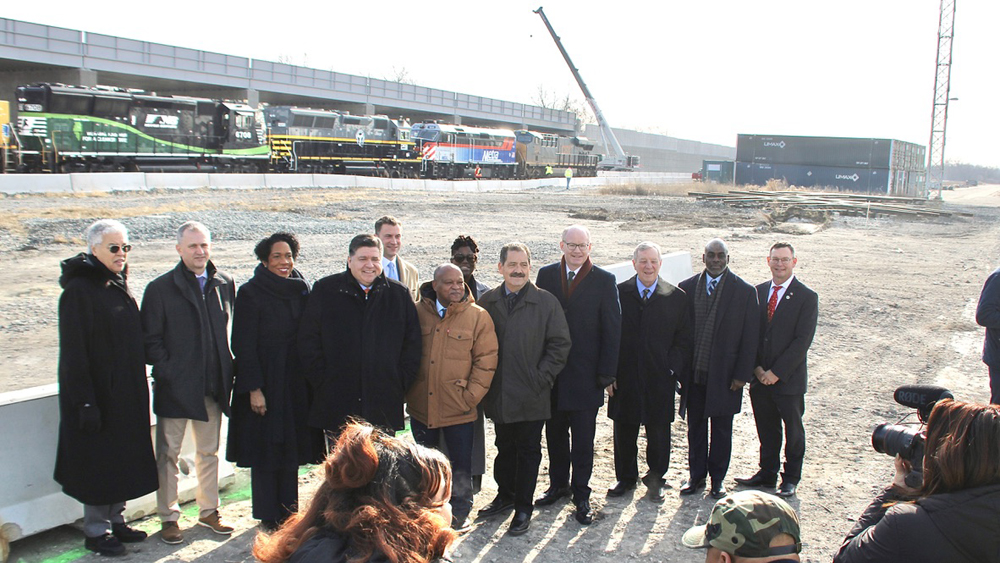
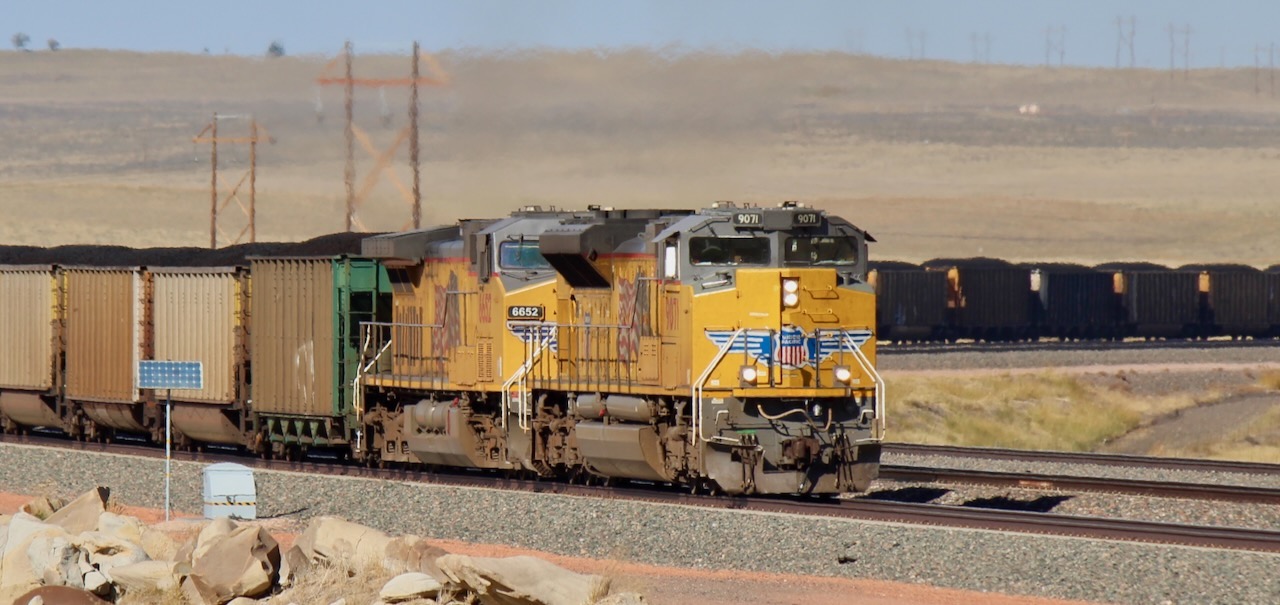
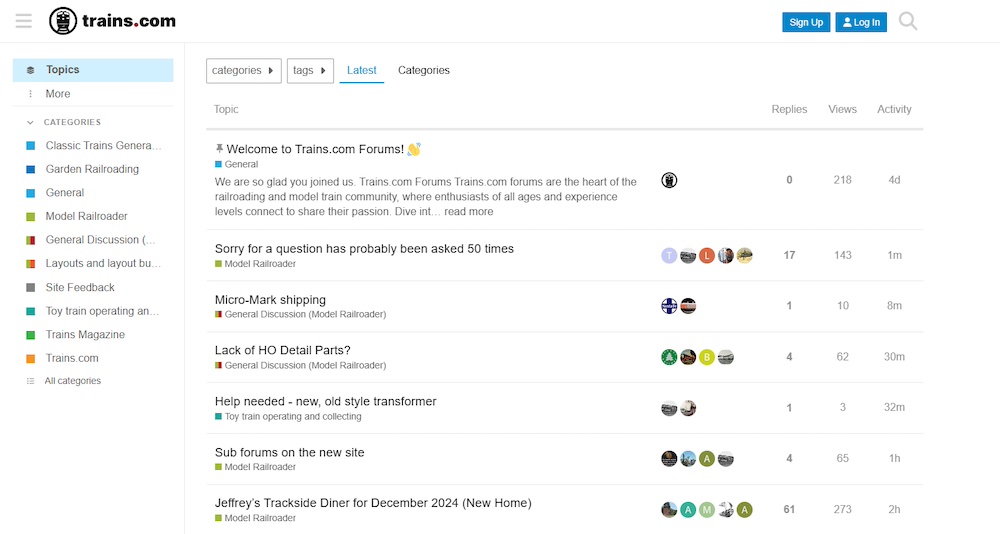
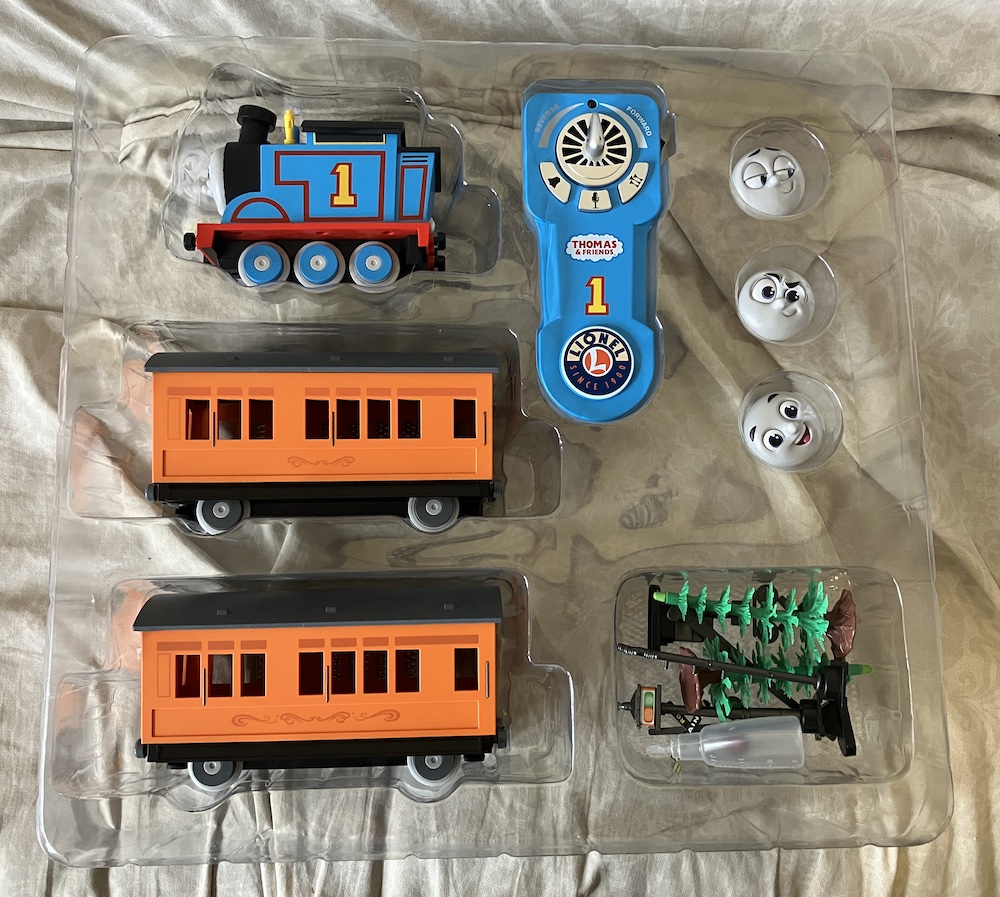
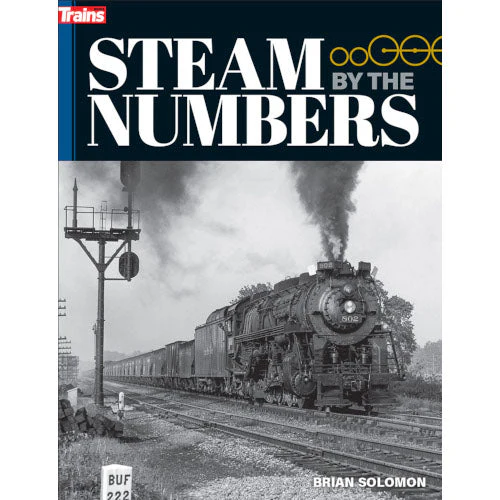


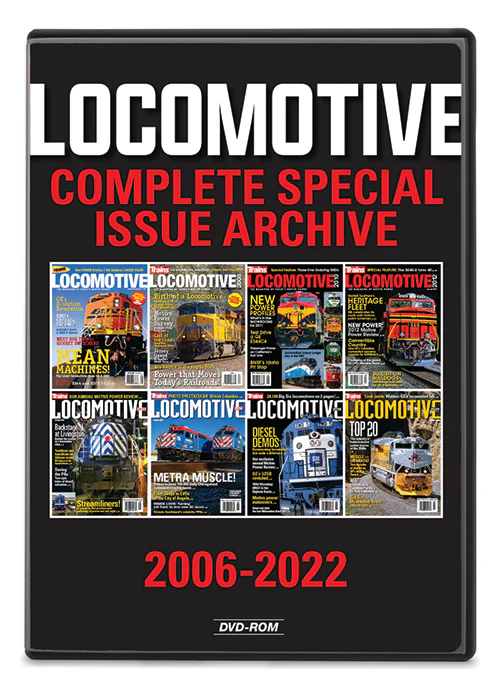
FYI: This line still services an extensive aggregates quarry (Martin Marietta) on the east side of the pass. You can see several miles of empty aggregate hoppers being stored on the line. The sage doesn’t start to pop through until Five Points.
From the experts at BTU Analytics:
https://btuanalytics.com/uinta-basin-economics/
“BTU Analytics examined the outlook of horizontal drilling in the Uinta Basin. As oil prices recovered, total annual drilling activity increased in the Uinta Basin. As drilling increased, producers shifted towards horizontal activity rather than vertical. Despite initial production rates exceeding 1,000 BOE/d, the basin’s viability remains challenged. First, the high paraffin content of Uinta oil contributes to higher transportation and refining costs. As a result, producers receive steep discounts for the waxy crude. Second, BTU Analytics estimates breakevens for the wells are marginal in today’s $60 WTI environment. With producers focused on trimming capital budgets, marginal plays continue to see dwindling capital.”
There you have it.
The waxy oil that Uinta Field produces tends to run at a $10-$15 discount compared to WTI.
Since that field was discovered in 1948, it has come and gone with several booms and busts over the years as each find gets played out. Someone comes along with excess capex, decides to locate more using new technology, and it starts again.
“BTU Analytics expects activity in the region to fall from current levels and production to decline. As evidenced by this analysis’ indicative economics and operator budget declines, significant production growth would require stronger crude prices in conjunction with additional D&C efficiencies. Uinta Basin economics have improved in recent years, but will it be enough to secure future investment from a capital discipline-minded market?”
The reasons not to reopen Tennessee Pass route are much like the reasons used to close it. Two routes, Moffat an Tennessee, versus one. Steep grades on Tennessee. Not enough traffic for both. The WB descent to Minturn creates runaways.
In a world with open access, both dreams could coexist
Nice to see informed commentary from so many experts. The internet is a wonderful resource.
With how little traffic has on their line from Gympsum to Denver, why the need Tennessee Pass? It’s more much more expensive to operate than existing options.
A couple years back there was a report of success in the extraction of oil from the Uinta Basin shale by microwave and not by fracking. The microwave boils the oil and water out of the rock and the water is also useful and retained in that area, but the oil needs a cheap transportation system, the new railroad. There were trillions of oil available by that method.
Microwave has been tried in the Gulf Coast but at that time not successful by cost. That recent report claims it would be cost effective. No sand trains needed.
Thanks for details on Uinta basin name variations.
On the other hand with crew and fuel costs dominating it might be better to ship the Uintah oil and minerals to Ogden and then east over faster and easier graded Sherman Hill and Cheyenne. At least until capacity and throughput issues make that route slower for everything else.
The Tennessee Pass ruling grade is much stiffer EB. It’s a decent route WB for return empties and grain if the money to restore it is justifiable. I think there’s plenty of capacity on the Moffat for oil and mineral loads EB with Colorado coal declining sharply. And maybe the WB empties too, so that needs to be figured into any Tennessee Pass ROI.
There could be some justification to keep the oil load key trains out of Denver and other populated Front Range cities, but in the Denver terminal district at least the speeds are low enough that any derailment probably doesn’t spark a conflagration (but I can’t say that about south suburban Denver or Colo Springs).
Shell had developed an in-situ process for shale oil aka oil rock.. in The Uinta basin portion of Colorado The project proved to be uneconomical at the time. A little known fact.. The state of Colorado has the worlds largest proven oil reserves due to the vast shale strata.. in the multi-billons of barrels if I remember correctly..
Anna is correct. Remember when oil was $120 a barrel? Politicians were hoping it would never fall below $100 to impose environmental regs. Then fracking became widespread bringing prices down & opening new areas to oil & gas exploration. Now we have a price war between Russia & Saudi’s. Russia will lose & prices will go up. The next influence will be Nov election. If the greenies get power, look out. It’ll hit low & middle class the hardest. And oil trains will be outlawed everywhere. It’ll make the Canadian blockades look like a picnic & law enforcement will be told to stand down. Radical?? Probably not as much as the greenies would like.
The price of oil will go back up again. These people are in it for the long haul.
Two schools of thought here. First, it was a mistake made by a web developer but then he would have had to have the information in the first place. Or, it was deliberate in order to accomplish either a strategic or tactical end. Conspiracy theories abound.
The above comments are generic in nature and do not form the basis for an attorney/client relationship. They do not constitute legal advice. I am not your attorney. Abraham LIncoln did not die in vain. He died in Washington, D.C.
So they are looking at restoring and maintaining over 200 miles of mountain railroad for 3-10 trains per day? If the frac sand came from the Midwest, it would probably take the Moffat line. Looking at Google Maps, it is probably less than 30-40 miles farther to go through Denver, with far less grades and without the maintenance of the additional line. The Moffat line has capacity too, and with coal traffic down, the joint line should also. I am having trouble seeing the justification, even if the Uinta Basin line is built.
If Tennessee Pass did reopen, would they continue to maintain 2 routes across the Rockies? Through traffic, including Amtrak and BNSF could be routed through Wyoming. Would remaining coal traffic on the Rio Grande and frac sand be enough to justify maintain the Moffat when it could take Tennessee Pass also?
Bob Crowe,
The price drop in crude has more to do with the falling out between Russia and OPEC on cutting production than it does the COVID-19 issue. Russia and Putin specifically see the biggest problem to higher crude prices as the U.S. Shale Oil industry, and he’s correct, if it’s becomes prohibitively expensive to extract shale oil via fracking, then U.S. production plummets and both Russia and OPEC make a killing when prices spike again. I just don’t think they how much Saudi Arabia has control over OPEC production and they’ll end up killing Russia’s oil industry first.
Let’s see just how much money Drexel Hamilton wants to put where their mouth has been before we condemn this effort, as Braden stated, there’s more in the Uinta Basin than just heavy crude(read shale/fracking) oil available for extraction. You need a relatively reliable form of transportation for the different bulk commodities that would come out of there, and railroading is your best bet for bulk shipments.
I question whether this is economically justifiable. However, it does make more sense than restoring a mountain railroad for a handful of grain trains. However, if the line were restored, there is no reason it couldn’t handle both grain and oil. KCVN could interchange with UP, BNSF or Rio Grande Pacific in Pueblo.
NIMBYs and environmentalist wackos will be protesting before sunset !
Hopefully this will actually happen. Even with green energy, oil will be necessary as a lubricant for turbines and in the manufacture of solar panels. That and trains, planes, trucks and cars are not going to go away. As for the comments about oil prices, they will continue to fluctuate for any number of reasons. This price drop is due to the unnecessary panic over the Coronavirus. While there should be a concern, it is not a reason for full blown panic that the media seems to be supporting. Flues and viruses have come and gone through out history and mankind has survived.
$30 WTI, I don’t expect to see money investing in painting an old caboose, let alone building a line through a wilderness…
@W Cook either spelling works Uinta or Uintah.. The county and river are both spelled Uintah. While the basin is spelled as Uinta.. There’s is more than just oil to bring out of the Uinta Fellas. Large fields of NG, copper and other minerals reside in this desolate area which is geologically beautiful and scenic.. I would recommend traversing this part of the nation if you haven’t done so yet..
W Cook: Click on the link in the third paragraph. There you will find the answer to your spelling question.
The former 3′ gauge railroad was spelled UINTAH Ry. Is the basin spelled differently or is that another Trains mistake? Look what they did to the Hoosac Tunnel and it still flags when I type it the true spelling. The town to the west in NY is Hoosick that is on the Hoosic River which also still flags as a error in their spell checker.
The new oil price drop will kill these plans unless we embargo oil imports
Hoo-boy, the price of oil today.
Just revive the Rio Grande already!
Given the drop in oil prices today, it may be a while before folks want to pour a whole lot of money into a rail route for crude oil.
So, Colorado Pacific would have an immediate use ie moving existing grain while Rio Grande Pacific, out on a wing and prayer, would be an active user IF the Uinta Basin line gets built. If UP is so interested in waiting that
out let’s see some invested money on their part to help that along.